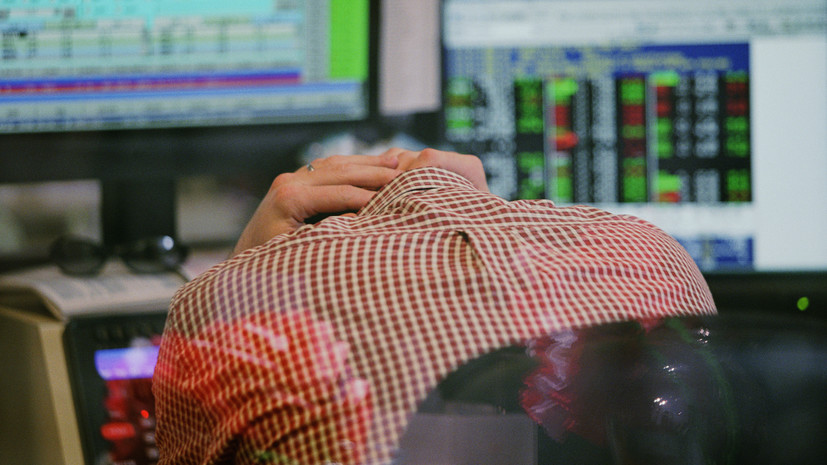“The growth of EU exports decreased from 7.9% in 2021 to 2.9% in 2022, and imports from the European Union decreased from 8.1% to 3.7% in 2022, this is the first aspect,” he said.
According to him, the second (no less important) aspect is the high public debt of the EU countries.
He also noted that "another important factor related to inflation is added to the above."
“For example, in France, according to the latest report from the National Institute of Statistics, there is a 5% increase in food prices, and an increase in prices for refined products and gas can reach 30%,” Belfalah said.
If the crisis continues, given the deterioration of the global supply chain for a number of products, “2022 could turn into a year of economic recession, and the next year, 2023, into a year of a global economic crisis, more serious and widespread than in 2008".
Earlier, Russian President Vladimir Putin said that the refusal of a number of Western countries to cooperate with Russia hit the Americans and Europeans themselves.

